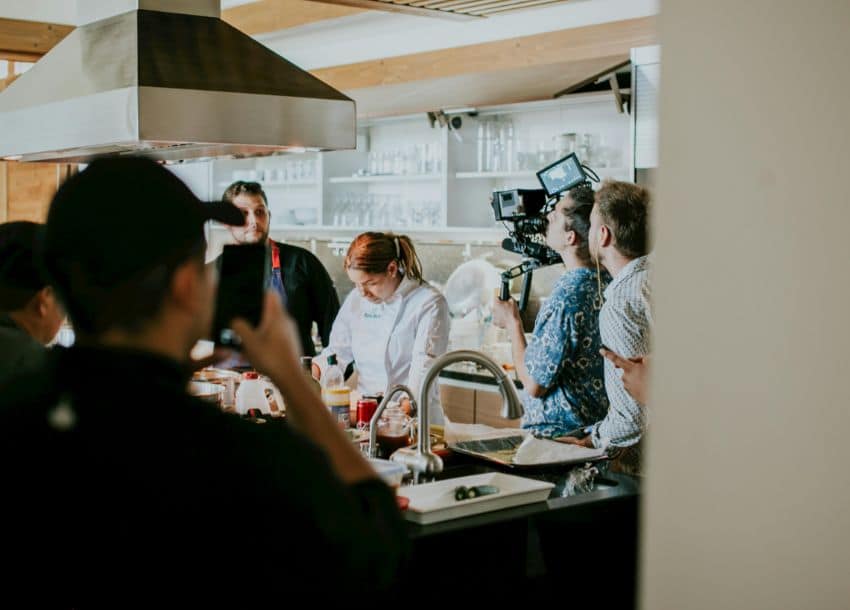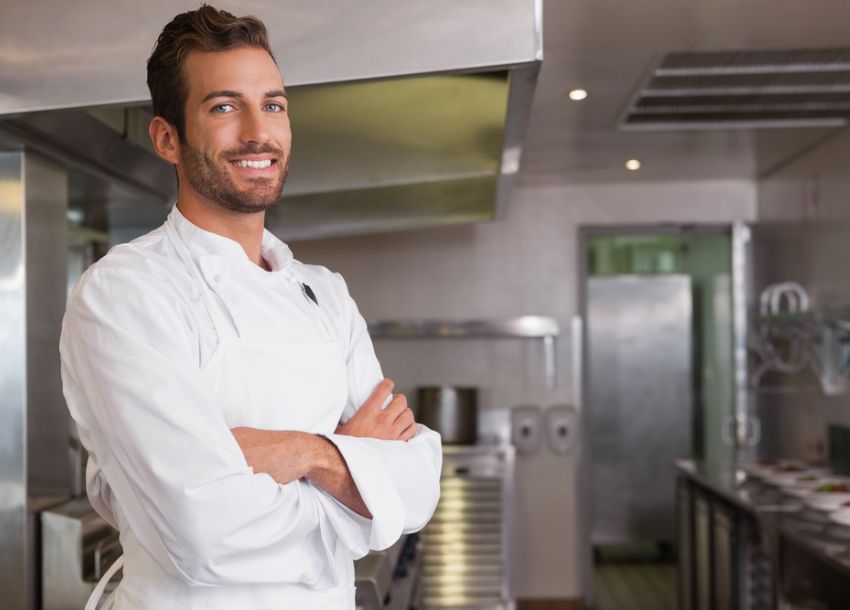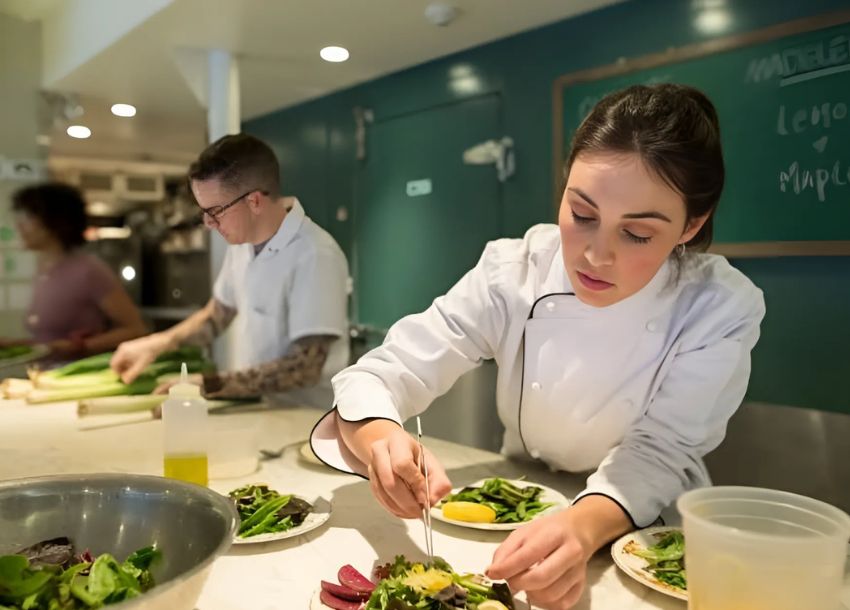How to Become a Personal Chef (and Make it Work)
- Career Options
- Aug 22
- Share post
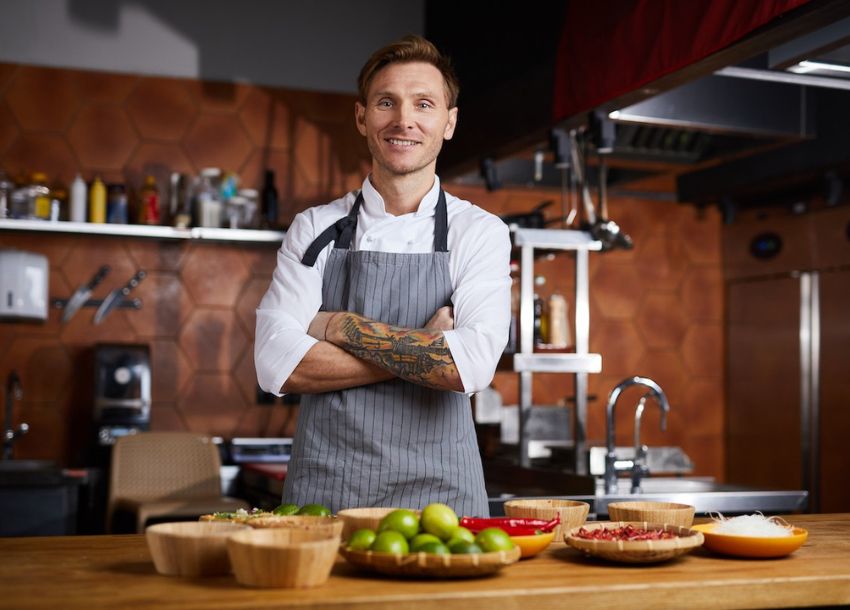
If you’re a chef who loves cooking but wants more freedom, learning how to become a personal chef could be the career shift you’re looking for. Unlike restaurants, it’s not about running a brigade – it’s about running yourself. You’ll cook in private homes, for regular clients, or for events and build a business around your skills.
This guide covers what the job really involves, the skills you’ll need, the pros and cons, and the practical steps to make it work.
What does a Personal Chef do?
Personal chefs design and cook meals for clients in their homes. Sometimes that’s weekly meal prep, sometimes special occasions. Unlike private chefs (who usually work full-time for one household), personal chefs often juggle multiple clients.
Typical responsibilities include:
- Planning and creating menus to suit client tastes and dietary needs.
- Grocery shopping and ingredient sourcing.
- Prepping and cooking meals (often for storage/freezing).
- Cooking for dinner parties or events.
- Cleaning down and leaving kitchens spotless.
Skills you’ll need to succeed
Cooking talent is just one part of the puzzle. To succeed as a personal chef, you’ll also need:
- Organisation – balancing multiple clients and meal plans.
- Flexibility – working around family schedules or event timings.
- People skills – you’re in someone’s home; trust and rapport are everything.
- Business sense – setting rates, managing bookings, invoicing.
- Professionalism – discretion and reliability matter as much as food.
Building trust is essential. You’re not just cooking – you’re stepping into people’s personal spaces. Clients want someone who feels dependable, respectful, and discreet.
Lifestyle fit – is this really for you?
Restaurant hours are tough, but personal cheffing isn’t exactly a “soft option”. The work can be physically demanding (shopping, lifting, long prep days) and emotionally demanding (clients can be picky, last-minute, or high-pressure).
Be honest about the trade-offs:
You get control of your schedule – but you’re the only one responsible if things go wrong.
You can choose your clients – but you’ll also need to handle the business admin that comes with that freedom.
You might find the work more personally rewarding – but it’s often lonelier than working in a brigade.
This role tends to suits chefs who want independence, enjoy variety and can self-manage without the buzz of a team kitchen.
Steps to becoming a Personal Chef
Here’s how to make the move:
Step 1 – Build your experience
Most personal chefs start after working as a chef de partie, sous chef or head chef. Having that foundation means you’re confident with timing, prep and managing pressure.
Step 2 – Get certified where needed
While not always required, food hygiene certifications are essential. Clients feel reassured knowing you’ve got professional training and safety covered.
Step 3 – Define your offering
Decide if you’ll focus on:
- Weekly meal prep for busy families.
- Dinner parties and private events.
- Dietary specialisms (plant-based, gluten-free, diabetic-friendly).
Step 4 – Set your rates
Rates vary widely by location and service type. Many personal chefs charge per hour, per meal, or per day. In the UK, day rates typically range £200–£400 depending on experience and client expectations.
Step 5 – Market yourself
- Build a simple website with menus and testimonials.
- Use chef-focused platforms or social media to show your work.
- Word of mouth is powerful – so be sure to delight your clients and referrals will follow.
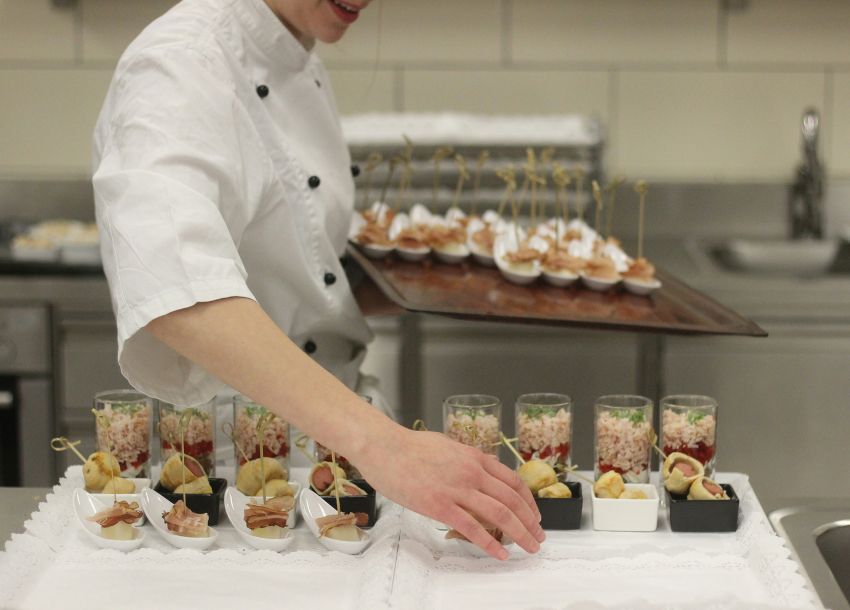
Pros and cons of becoming a Personal Chef
Pros
- Greater independence and control over schedule.
- Chance to build deeper client relationships.
- Creative freedom in menu planning.
- Potentially higher earnings than restaurant work.
Cons
- Unpredictable income, especially starting out.
- Responsibility for all business admin.
- Physically demanding (shopping, travel, setup).
- Can feel isolating without a team.
Career growth and next steps
A personal chef role can evolve into:
- Expanding into a catering business.
- Hiring assistants or other chefs.
- Offering cooking classes or workshops.
- Developing a niche brand (plant-based chef, fitness chef, high-end events).
Some chefs even move into hospitality consultancy or product development once they’ve built up a strong client base and reputation.
Final thoughts
Becoming a personal chef is more than a career pivot – it’s a lifestyle choice. It offers freedom, variety and the chance to build direct relationships with clients. But it also demands resilience, discipline and business savvy.
If you’re ready to step out of the kitchen hierarchy and carve your own path, it could be one of the most rewarding moves you make.
–
FAQs – Becoming a Personal Chef
Do I need formal training to become a personal chef?
Not always. Many personal chefs start from restaurant experience without extra qualifications. That said, having food hygiene certificates and specialist training (e.g. nutrition, allergen awareness) can make you stand out.
How much can a personal chef earn in the UK?
Rates vary widely. Most personal chefs charge between £200–£400 per day, but pricing also depends on location, type of service, and client base. Specialised services (vegan, gluten-free, performance nutrition) can command higher rates.
What’s the difference between a private chef and a personal chef?
A private chef usually works full-time for one household. A personal chef works with multiple clients, offering flexibility and more variety but less guaranteed income.
How do I find clients as a personal chef?
Start with word of mouth – delight your first clients and referrals will follow. Build a simple website or social media presence showcasing menus, testimonials, and photos. Platforms like Instagram, LinkedIn, or chef marketplaces can also help.
Comments
Add a comment
Leave a Reply · Cancel reply
You must be logged in to post a comment.

